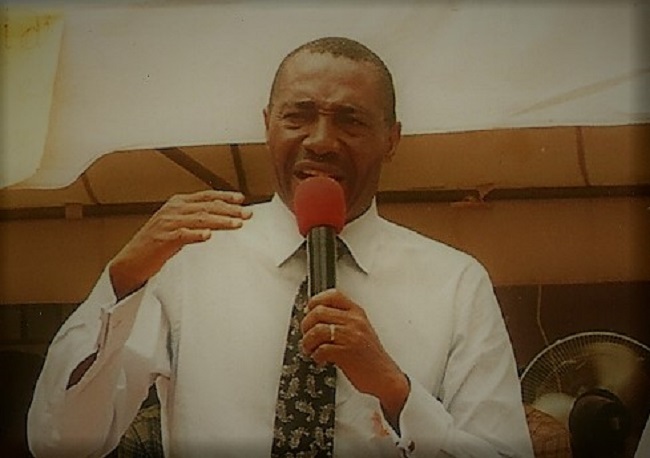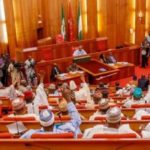The nation’s anti-corruption agencies will be unable to perform their duties to the optimum as long as the power to nominate their members remains with the President, Senator Ikechukwu Obiorah, had observed.
He said to win the war against corruption, the agencies must be completely independent and free from the control of government including in terms of appointments and removal of heads of the agencies.
Speaking in a television interview monitored in Abuja on Wednesday, the former member of the National Assembly said: “The President should lose the power to make any appointment or removal or suspension of persons from office in Independent Corrupt Practices and other related offences Commission (ICPC), the Economic and Financial Crimes Commission (EFCC), Code of Conduct Bureau (CCB) and the proposed Directorate of Public Prosecutions (DPP).”
According to him, the membership of the agencies should be made ex-officio and nominated through an election by any of the prescribed organizations such as the Nigeria Bar Association (NBA), Academic Staff Union of Universities (ASUU), Nigeria Labour Congress (NLC), among others.
He also advocated that the appointment or the removal of the head of such anti-corruption agencies should be through a vote of a two-thirds majority of their boards.
Obiorah also called for the amendment of the constitution to transform the Director of Public Prosecutions into the separate Directorate of Public Prosecutions, vesting it with all the powers relating to prosecutions hitherto held by the Attorney General.
The former lawmaker said financial books on government spending should be made easily accessible to the public without the process of formal applications as in the case of the Freedom of Information Act.
“The EFCC Act should be further amended to make it mandatory at the pain of penal sanction, that all government expenditures including salaries, allowances, overhead, recurrent, capital, debt servicing, etc, by all tiers, arms organs, parastatals, ministries, departments and agencies, be published on the website of the respective entity,” he said.
He called for the strengthening of the Federal Government’s Whistle-blower Policy, which he said was barely being operated at two per cent of its capacity.
While noting that the tool is a “very essential weapon in the fight against corruption,” he added that the policy “cannot develop and grow in capacity without a comprehensive legislation offering a detailed framework for identified and anonymous information volunteering, concrete protection of identified informers, collections of rewards, as well as civil and penal sanctions against those who victimise or retaliate against whistleblowers.”
On how to make calls by whistleblowers anonymous, he said a “legislation should create an elaborate mechanism for anonymous reporting, by mandating the Nigeria Communications Commission (NCC)) to procure the design, mass production and wide distribution of untraceable Whistleblower SIM cards labelled ICPC and EFCC respectively, which would only make calls to the phone banks of ICPC and EFCC.
YOU SHOULD NOT MISS THESE HEADLINES FROM NIGERIAN TRIBUNE
We Have Not Had Water Supply In Months ― Abeokuta Residents
In spite of the huge investment in the water sector by the government and international organisations, water scarcity has grown to become a perennial nightmare for residents of Abeokuta, the Ogun State capital. This report x-rays the lives and experiences of residents in getting clean, potable and affordable water amidst the surge of COVID-19 cases in the state…
Selfies, video calls and Chinese documentaries: The things you’ll meet onboard Lagos-Ibadan train
The Lagos-Ibadan railway was inaugurated recently for a full paid operation by the Nigerian Railway Corporation after about a year of free test-run. Our reporter joined the train to and fro Lagos from Ibadan and tells his experience in this report…






